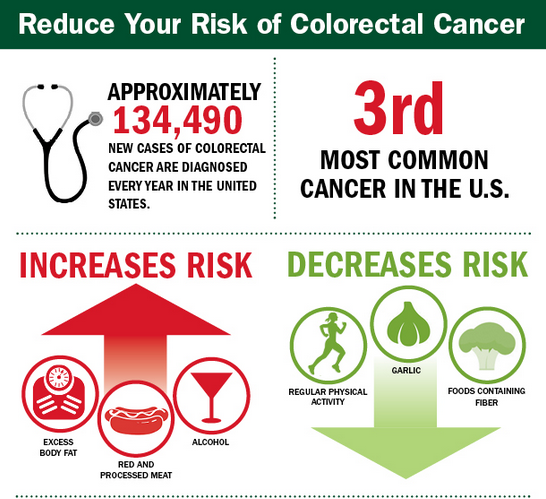There are several recognized ways that you can reduce your risk of colorectal cancer, but is taking aspirin one of them? This week the US Preventive Services Task Force released their recommendations on aspirin, cardiovascular disease and colorectal cancer – a final take on their draft recommendations released last year.
After a review of the research, the task force recommends that 50 to 59 year olds who have a 10 percent or greater 10-year risk of cardiovascular disease and have no risk for bleeding take a low-dose of aspirin. For these individuals, they conclude, taking aspirin five to ten years can reduce the risk for cardiovascular disease and colorectal cancer. Here, they graded the evidence a B, meaning that there is high to moderate certainty of a net benefit.
If you are between ages 60 to 69, taking aspirin should be an individual decision depending on preferences and discussion with a health care professional, they write.
Last year we wrote about their draft recommendations, noting that AICR’s focus is on how diet, nutrition, physical activity and weight links to cancer risk, so we have no position on aspirin use and risk. Whatever your decision on aspirin, you should also know there is clear evidence that several healthy habits and a healthy weight link to lower risk. Many of these steps also reduce risk for heart disease.
Whatever your decision on aspirin, you should also know there is clear evidence that several healthy habits and a healthy weight link to lower risk. Many of these steps also reduce risk for heart disease.
Eating plenty of foods with fiber, limiting red meat and avoiding processed meats, exercising and staying a healthy weight all link to lower risk. AICR estimate that these lifestyle factors could prevent one of every two colorectal cancer cases every year.
Here are AICR’s key findings and the report on colorectal cancer.





